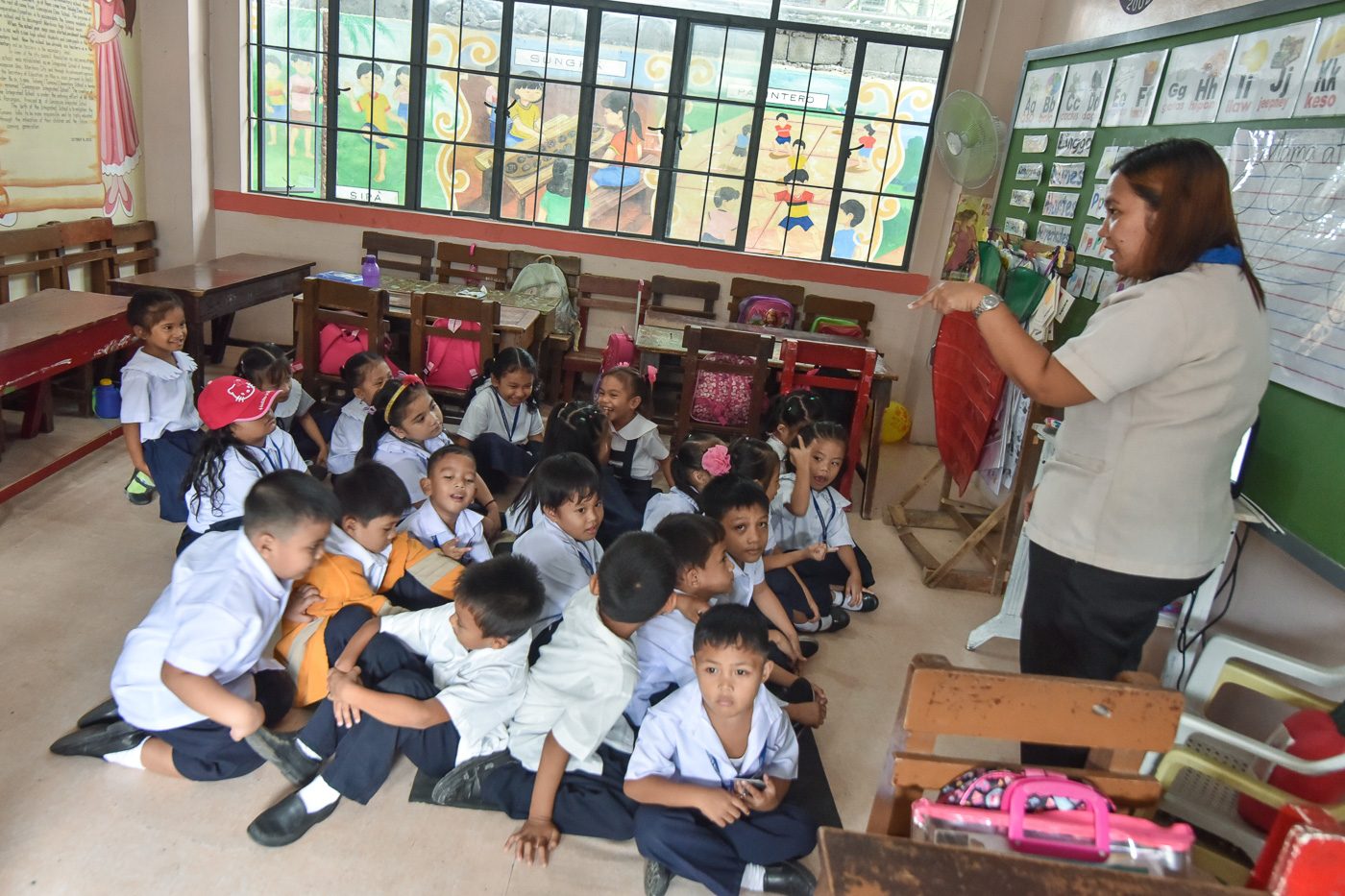SUMMARY
This is AI generated summarization, which may have errors. For context, always refer to the full article.

MANILA, Philippines – When the Department of Education (DepEd) announced its decision to open classes on August 24, some stakeholders supported the move but many others opposed it, saying the country’s education system is not fully prepared to manage classes during the coronavirus pandemic. (WATCH: Rappler Talk: Education in the time of coronavirus)
Many pointed out that the country is not yet ready for the alternative learing system the DepEd pushed for, citing lack of stable internet connection in the provinces and the need for a reliable telecommunication infrastructure. (READ: During pandemic, student climbs a mountain to send class requirement)
Education officials and institutions here and around the world are faced with the same questions as they try to find the best way to provide continued education to students while minimizing the risk of coronavirus infection.
Education International (EI), a global federation of education unions, on Wednesday, May 6, launched safety guidelines for class opening during the pandemic, for education officials and institutions around the world to consider.
“With schools and education institutions closed in a majority of countries, there are critical issues for governments to take into consideration, as countries gradually begin to reopen early childhood institutions, schools and higher education institutions,” the group said. (READ: Over 400,000 private school employees affected by lockdown – group)
“It is imperative that governments communicate transparently and continuously about the plans for reopening onsite education and the extent to which they are informed by the advice of health experts. Continuous social and policy dialogue with educators and their unions is the cornerstone of any successful education strategy,” it added.
EI laid out its 5-point set of guidelines for governments and education institutions to consider in reopening classes during the pandemic.
1. Engage in social and policy dialogue
EI said governments should hold dialogues with the stakeholders on the resumption of classes.
“Public authorities engage in continuous social and policy dialogue with educators and their representative unions and organizations to assess needs and agree on health and safety measures for students and staff as well as the framework and resources for transitioning back to onsite teaching and learning,” the group said.
2. Ensure the health and safety of education communities
EI said that education institutions must have health safety protocols for learners and teaching personnel during the pandemic.
“All schools and education institutions are equipped to ensure and sustain enhanced hygiene and cleaning practices and all staff is informed and trained to follow new guidelines,” the group said.
3. Make equity a top priority
EI said that there are students and education workers who are more severely affected by the pandemic than others. (READ: U.P. experts urge universal approach to address people’s needs during pandemic)
It said a “support structure” should be put in place “for all vulnerable students and staff, for those who are enduring increased hardship and for students who have not been able to participate in online or home-based learning.” It also said a strategy should be “developed for addressing possible increases in dropout rates, paying particular attention to girls and women, and those at risk of child labor.”
4. Support physical and emotional well-being and recovery
The group said that dedicated support should be available to those who may have “suffered bereavement, abuse, violence, or other emotional trauma.”
5. Trust the professionalism of educators
EI said education officials should engage with educators and their unions “to determine and assess the impact of the school closures on teaching, learning and student wellbeing.”
“Any framework for transitioning back to onsite education is built on trust in the professionalism and pedagogical practice of the education workforce. Clarity on any assessment requirements is reached in dialogue with educators and their unions to ensure fair and equal treatment of all students and the continued professional autonomy of educators,” it added.
Do you think the Philippines is ready for the class opening in August? Let us know in the comments below! – Rappler.com
Add a comment
How does this make you feel?
There are no comments yet. Add your comment to start the conversation.